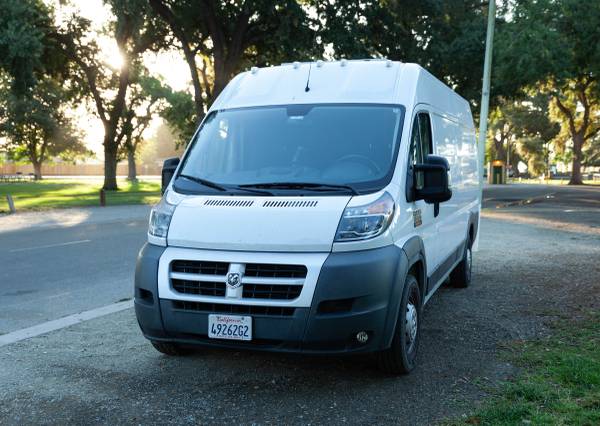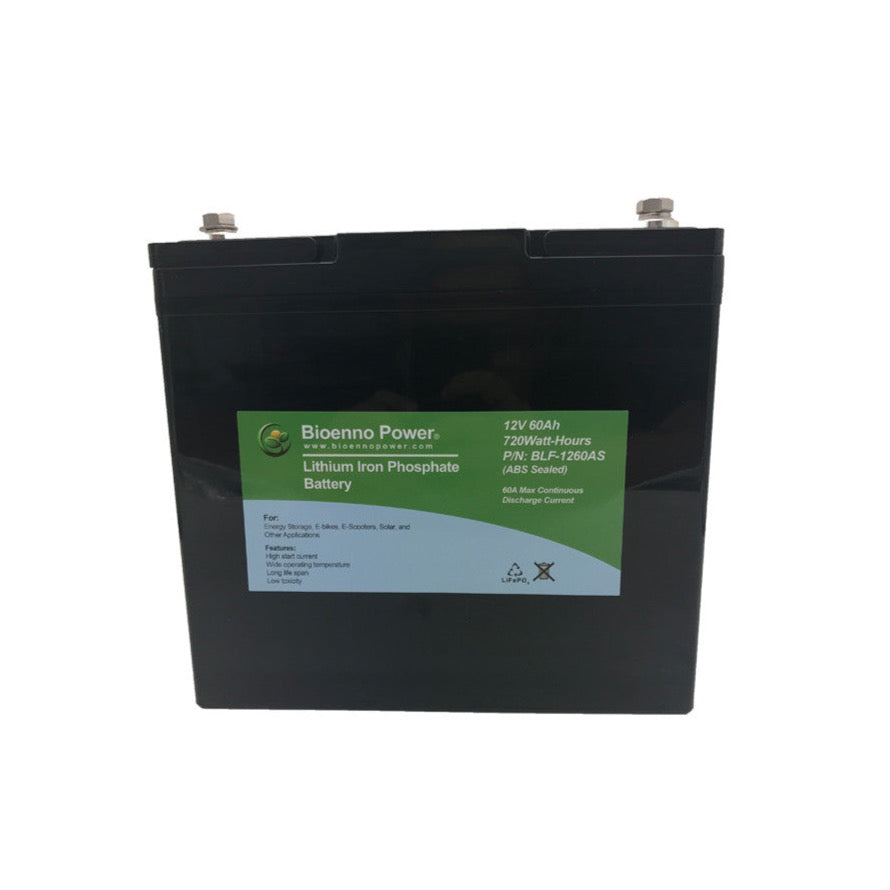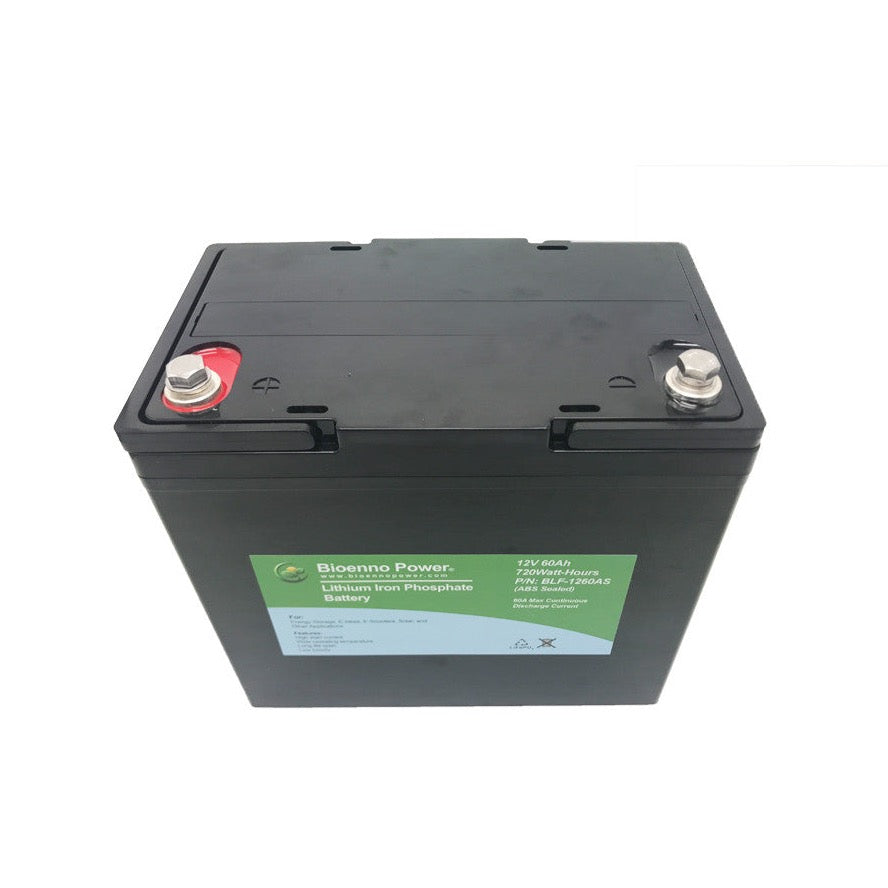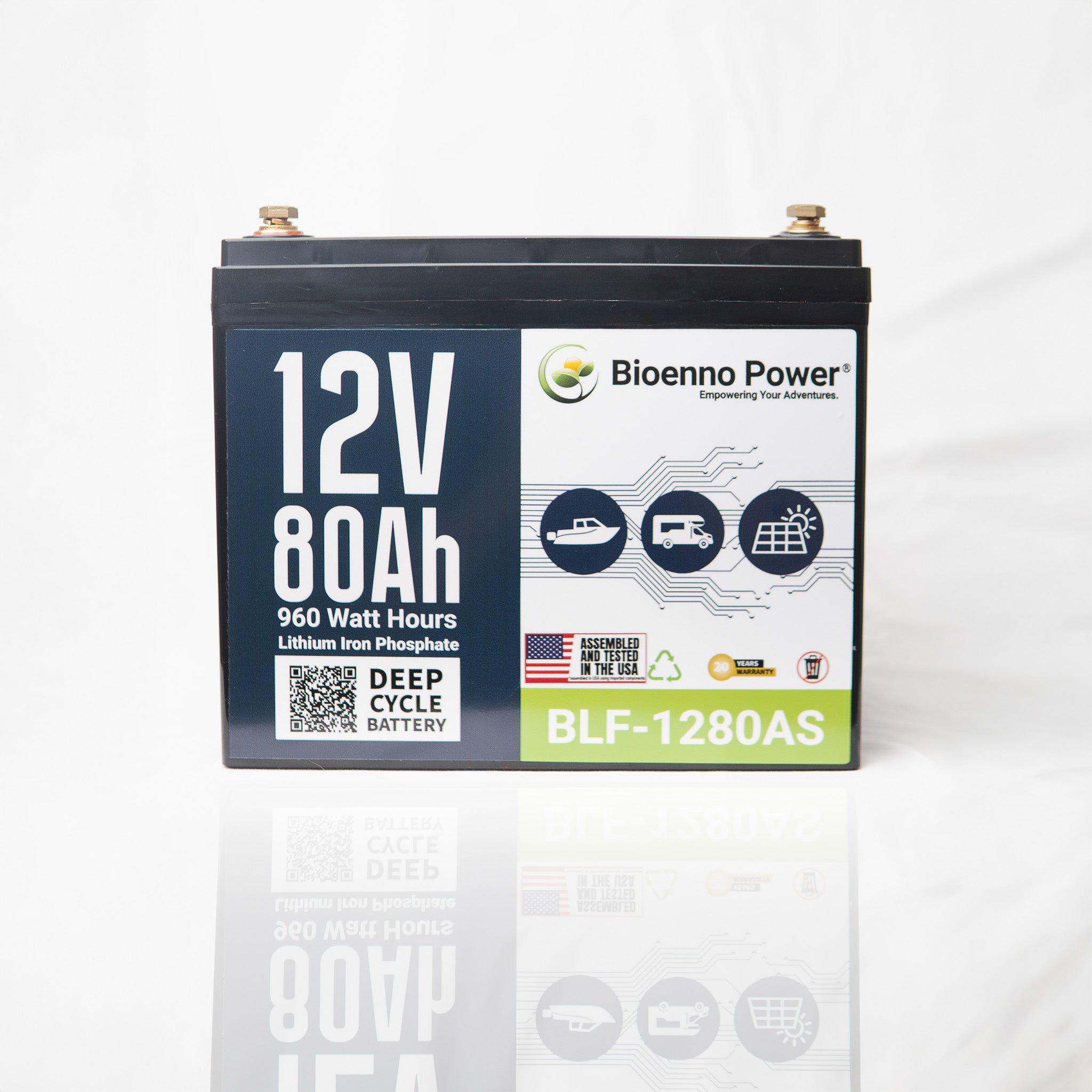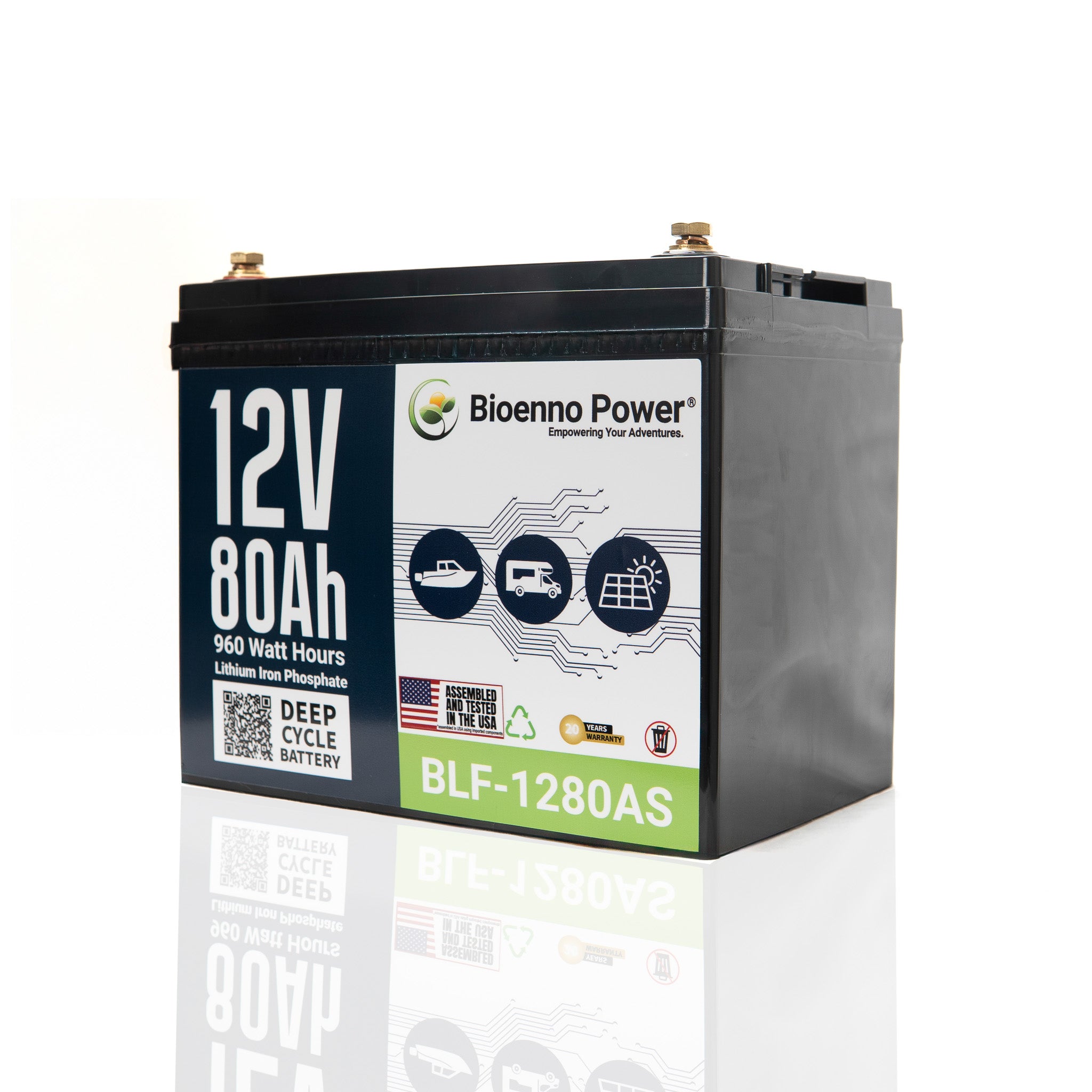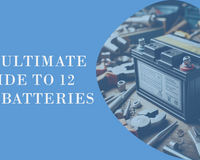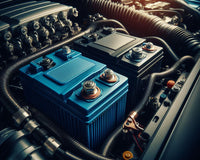When powering marine vessels and recreational vehicles (RVs), deep cycle batteries are a robust and reliable energy source. These batteries are designed for longevity and durability, capable of providing sustained power over extended periods, which makes them ideal for scenarios where regular, deep discharges occur. This comprehensive guide delves into the technology behind deep cycle batteries, with a focus on Lithium Iron Phosphate (LiFePO4) batteries, highlighting their advantages, applications in marine and RV environments, and why they are increasingly preferred by enthusiasts and professionals.
Understanding Deep Cycle Batteries
Deep cycle batteries are engineered to provide a steady amount of current over a long duration. Unlike standard car batteries, which deliver a large burst of energy for a short period to start an engine, deep cycle batteries are designed to be discharged down to 20% of their maximum capacity repeatedly, without incurring damage. This characteristic makes them perfect for powering heavy loads such as electric motors, appliances, and electronic devices over extended periods. For a deeper understanding of how deep cycle batteries compare to regular batteries, Bioenno Power provides a thorough explanation here.
Why LiFePO4 Batteries?
Among the various types of deep cycle batteries, Lithium Iron Phosphate (LiFePO4) batteries are notable for their exceptional performance and benefits:
-
Safety and Stability: LiFePO4 batteries are known for their strong safety profile, thanks to the stable chemistry of lithium iron phosphate, which does not overheat or catch fire easily. This makes them ideal for use in environments where safety is paramount, such as in confined spaces aboard boats or in RVs.
-
Longevity and Efficiency: These batteries can handle more than 2000 charge-discharge cycles while maintaining high performance, with some high-quality models from reputable manufacturers like Bioenno Power potentially reaching up to 10,000 cycles under ideal conditions.
-
Lightweight Design: LiFePO4 batteries are significantly lighter than their lead-acid counterparts, which is crucial for marine and RV applications as it helps improve fuel efficiency and reduces the load-bearing strain on vehicles and vessels.
-
Environmental Impact: These batteries are environmentally friendly, as they do not contain harmful heavy metals like lead or cadmium, aligning with modern environmental standards such as RoHS.
Applications in Marine and RV Settings
In marine and RV use, reliable power is not just a convenience—it is essential. Here’s how LiFePO4 batteries can be integrated:
-
Marine Applications: For boats and yachts, deep cycle LiFePO4 batteries power everything from trolling motors to onboard appliances and navigation systems. They are particularly valued for their robustness in handling harsh marine environments, resisting corrosion, and providing dependable power in remote areas.
-
RV Applications: In RVs, these batteries power internal systems, including lighting, heating, air conditioning, and refrigeration. They are favored for their ability to deep discharge without suffering damage, providing consistent energy supply during long trips.
Choosing the Right LiFePO4 Battery

When selecting a LiFePO4 battery for marine or RV use, consider the following factors:
- Capacity: Ensure the battery has enough capacity to meet your power needs. Capacity is typically measured in amp-hours (Ah), and higher values indicate a larger energy storage capacity. Bioenno Power offers a detailed explanation of amp-hours here.
- Voltage: Make sure the battery's voltage is compatible with your vehicle's or boat's system. Most deep cycle applications use 12V systems, but 24V and 48V systems are also common.
- Warranty and Support: Look for brands that offer extensive warranties and reliable customer support. Bioenno Power, for example, provides a 20-year warranty for their marine battery line, reflecting confidence in their product’s longevity and performance.
- Size and Weight: Consider the physical dimensions and weight of the battery, especially if space is at a premium or if you need to minimize additional load.
External Resources
For those looking to explore more about the practical applications and user experiences with LiFePO4 batteries in marine and RV settings, the following resources can be incredibly useful:
- Practical Sailor provides insights into the performance of LiFePO4 batteries in marine applications, emphasizing real-world usage and maintenance tips. Read more at Practical Sailor.
- RV Life discusses the transition to lithium batteries for RVs, offering a perspective on how they enhance the nomadic lifestyle by providing reliable power for off-grid living. Explore RV Life's coverage here.
Conclusion
LiFePO4 deep cycle batteries offer an unparalleled combination of safety, efficiency, and longevity, making them an excellent choice for powering marine and RV applications. By choosing a high-quality LiFePO4 battery, such as those offered by Bioenno Power, users can enjoy a reliable power source that stands the test of time and contributes to a greener planet. Whether you're setting sail or hitting the road, a deep cycle LiFePO4 battery can ensure that your adventure is powered reliably and sustainably.

